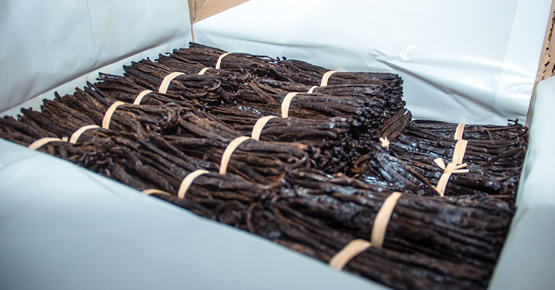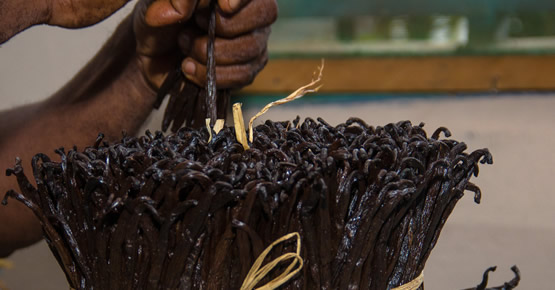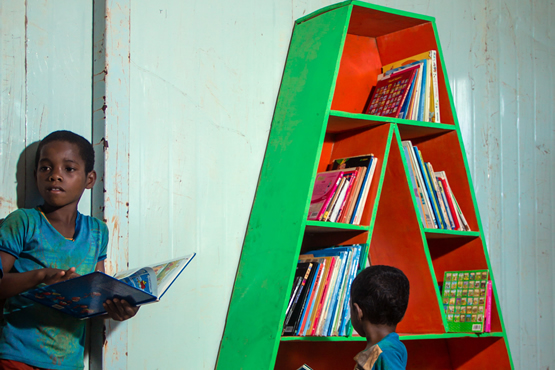Naomy and Rosemine are two sisters born in Madagascar, where their family has cultivated and conditioned vanilla for exporters since 1978. They have inherited the know-how to ensure the quality of our production whether it is gourmet or industrial grade vanilla.
Naomy is the manager of Pure Vanilla and ensures marketing and distribution of the vanilla production in Sambava while Rosemine oversees selecting and curing the vanilla beans.


